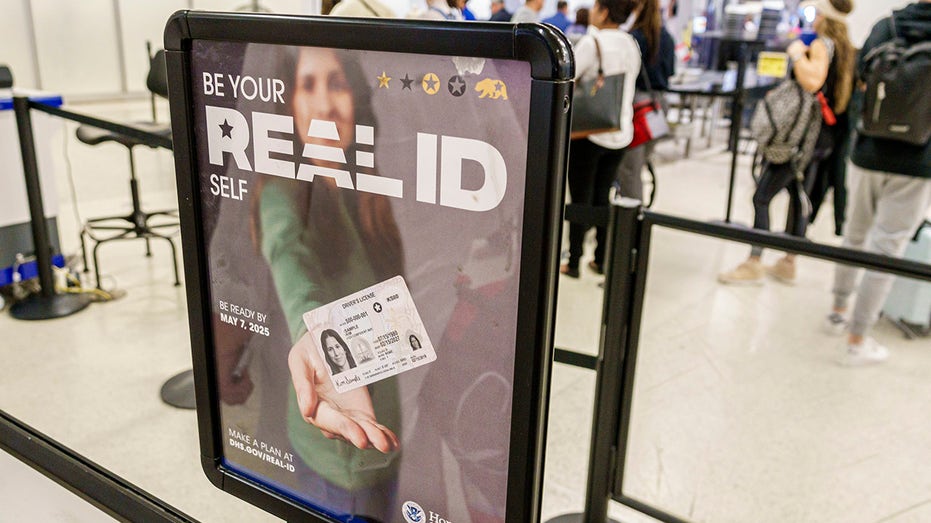The Biden administration on Thursday proposed delaying full enforcement of new ID rules for Americans to board airplanes or enter federal buildings by another two years.
The federal standards for issuing identification cards were approved by Congress in 2005 following a recommendation by the commission established to determine safeguards after the Sept. 11, 2001 terrorist attacks. Enforcement, however, has been pushed back several times. The last time it was extended was in December 2022, when the deadline was set for May 7, 2025. Now, the Biden administration is looking to push this until May 7, 2027.
The Transportation Security Administration (TSA) published “Notice of Proposed Rulemaking” on Thursday, a day after the 23-year anniversary of the 9/11 attacks.
The TSA emphasized that the “proposed rule does not extend the REAL ID deadline.”
The notice aims to ensure that federal agencies “have appropriate flexibility to implement the card-based enforcement provisions of the REAL ID regulations after the May 7, 2025, enforcement deadline by explicitly permitting agencies to implement card-based enforcement in phases,” according to the proposal’s summary. “This rulemaking proposes that agencies may implement the card-based enforcement provisions through a phased enforcement plan if they determine it is appropriate upon consideration of relevant factors including security, operational feasibility, and public impact.”
“The proposed rule would also require agencies to coordinate their plans with DHS, make the plans publicly available, and achieve full enforcement by May 5, 2027,” the summary says.
Passed by Congress in 2005 following a 9/11 Commission recommendation, the REAL ID Act establishes minimum security standards for state-issued driver’s licenses and identification cards. Security standards include incorporating anti-counterfeiting technology, preventing insider fraud, and using documentary evidence and record checks to ensure a person is who they claim to be, according to DHS.
Under the new regulations, “every traveler 18 years of age or older will need a REAL ID-compliant driver’s license or identification card, state-issued enhanced driver’s license, or another TSA-acceptable form of identification at airport security checkpoints for domestic air travel,” according to the DHS website.
“TSA is engaging with the public, licensing jurisdictions and states to facilitate a smooth transition to REAL ID enforcement beginning May 7, 2025,” TSA administrator David Pekoske said in a statement. “REAL ID provides an important security enhancement, and this rule allows us to plan for a range of scenarios to help minimize the potential impact to travelers, industry stakeholders and states during implementation.”
The U.S. Department of Homeland Security website as of Thursday morning listed the countdown until REAL ID enforcement as 237 days.
“On May 7, 2025, U.S. travelers must be REAL ID compliant to board domestic flights and access certain federal facilities,” the website reads.
In December 2022, Homeland Security Secretary Alejandro Mayorkas announced that DHS intended to extend the REAL ID full enforcement date by 24 months, from May 3, 2023 to May 7, 2025, citing how state driver’s licensing agencies were having to work through the backlogs created by the COVID-19 pandemic.
“This extension will give states needed time to ensure their residents can obtain a REAL ID-compliant license or identification card,” Mayorkas said at the time. “DHS will also use this time to implement innovations to make the process more efficient and accessible. We will continue to ensure that the American public can travel safely.”




